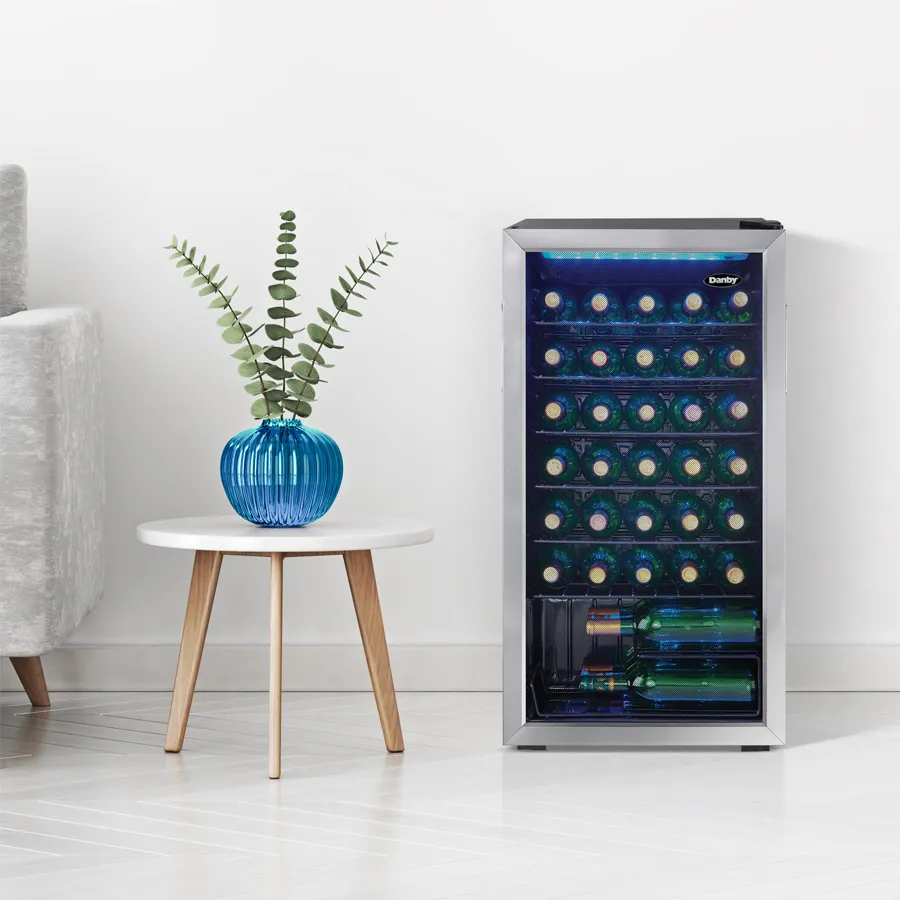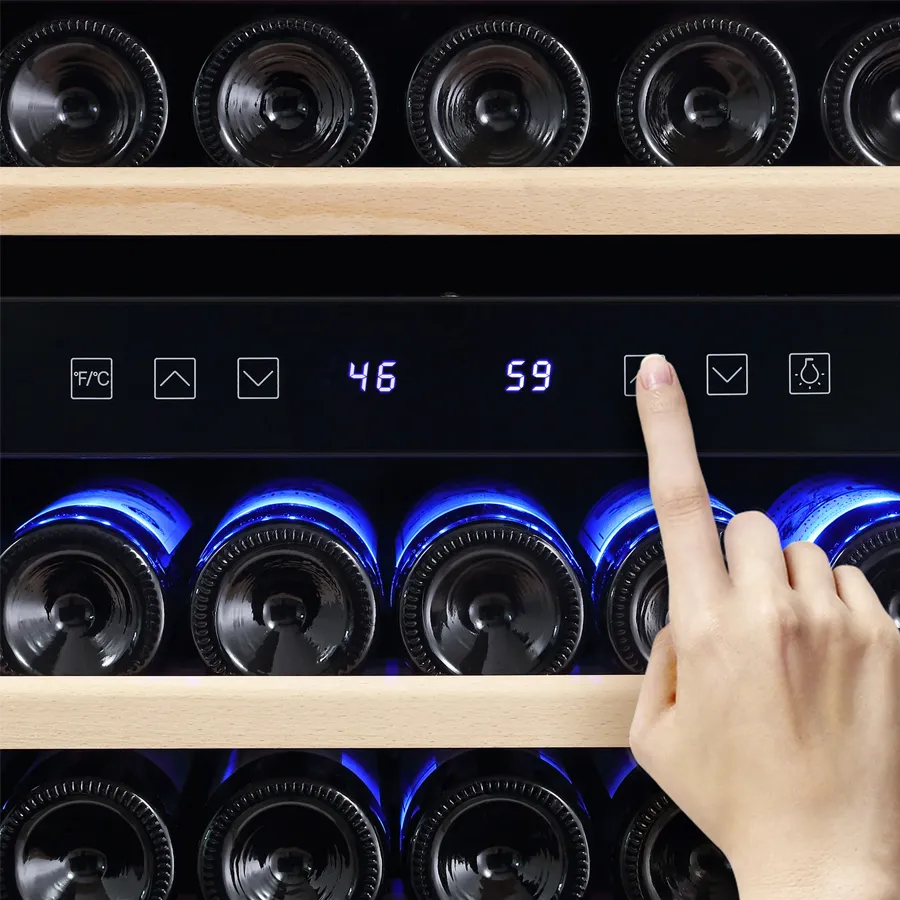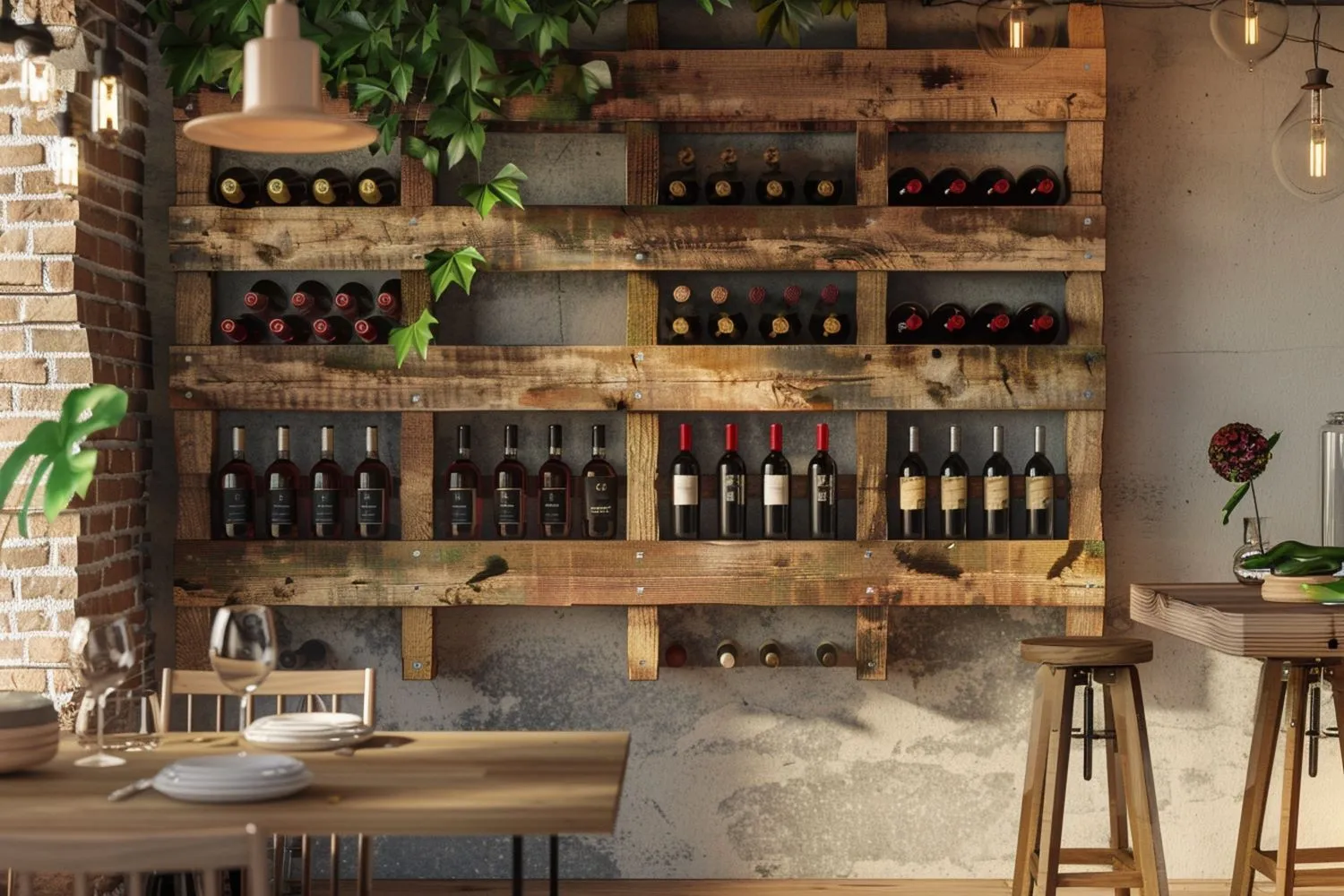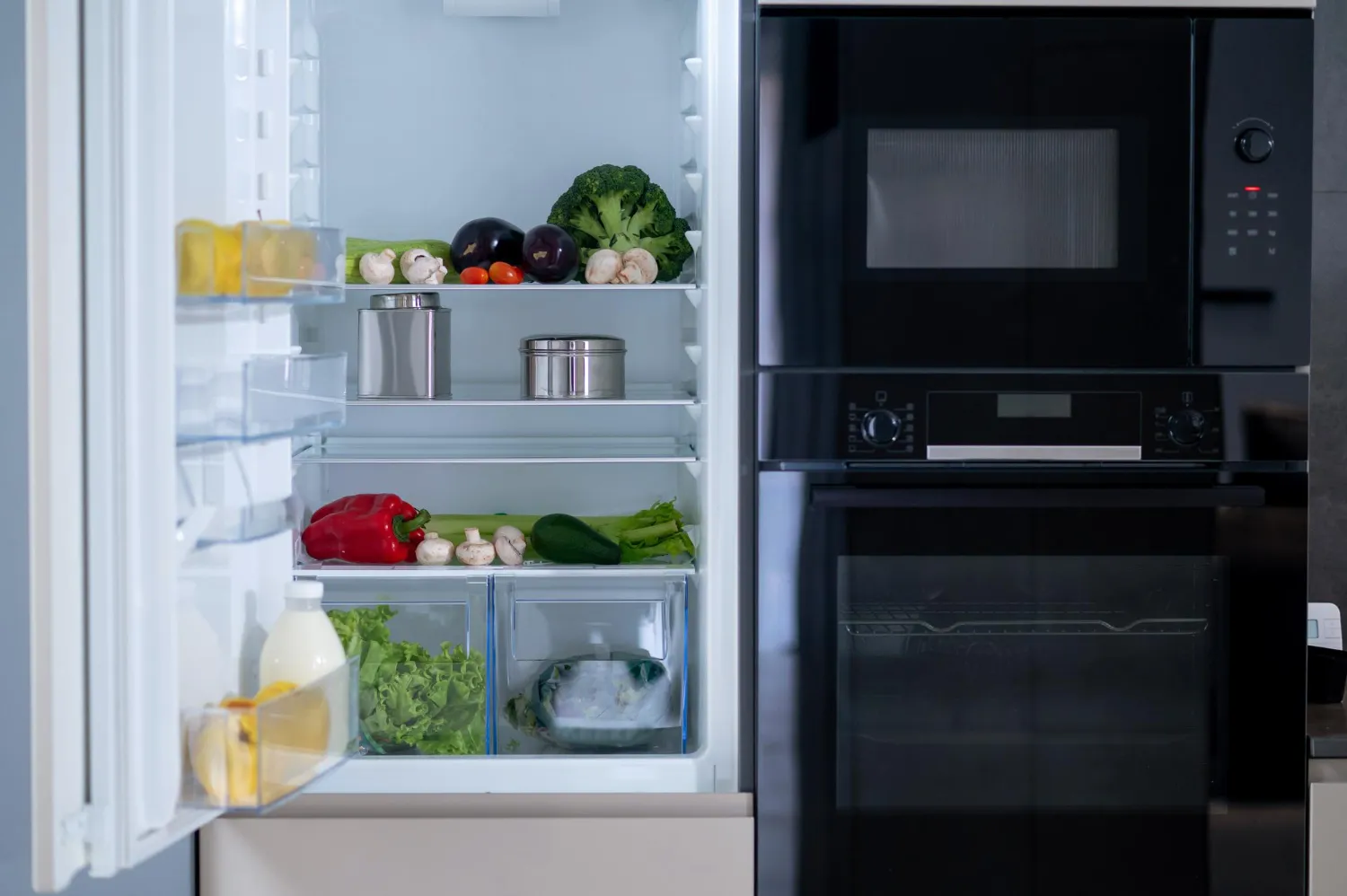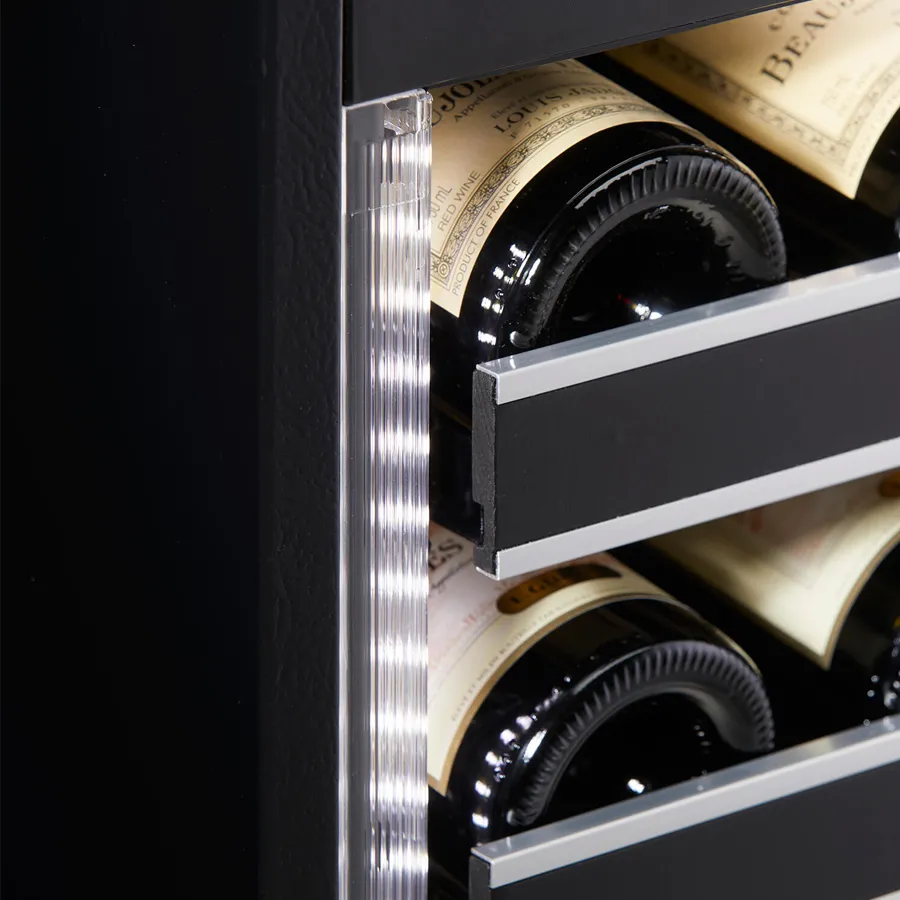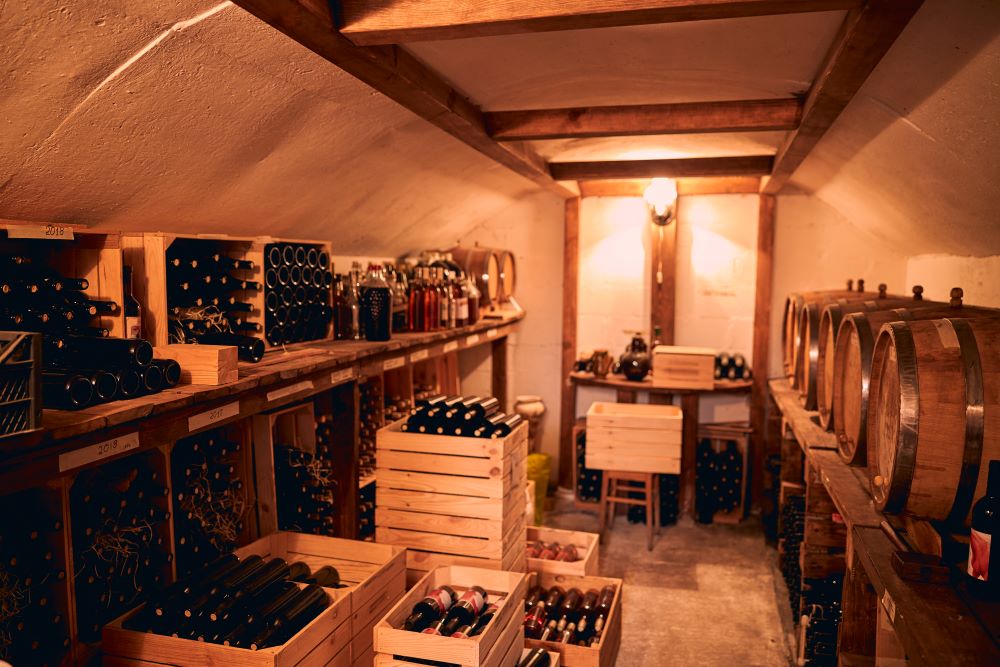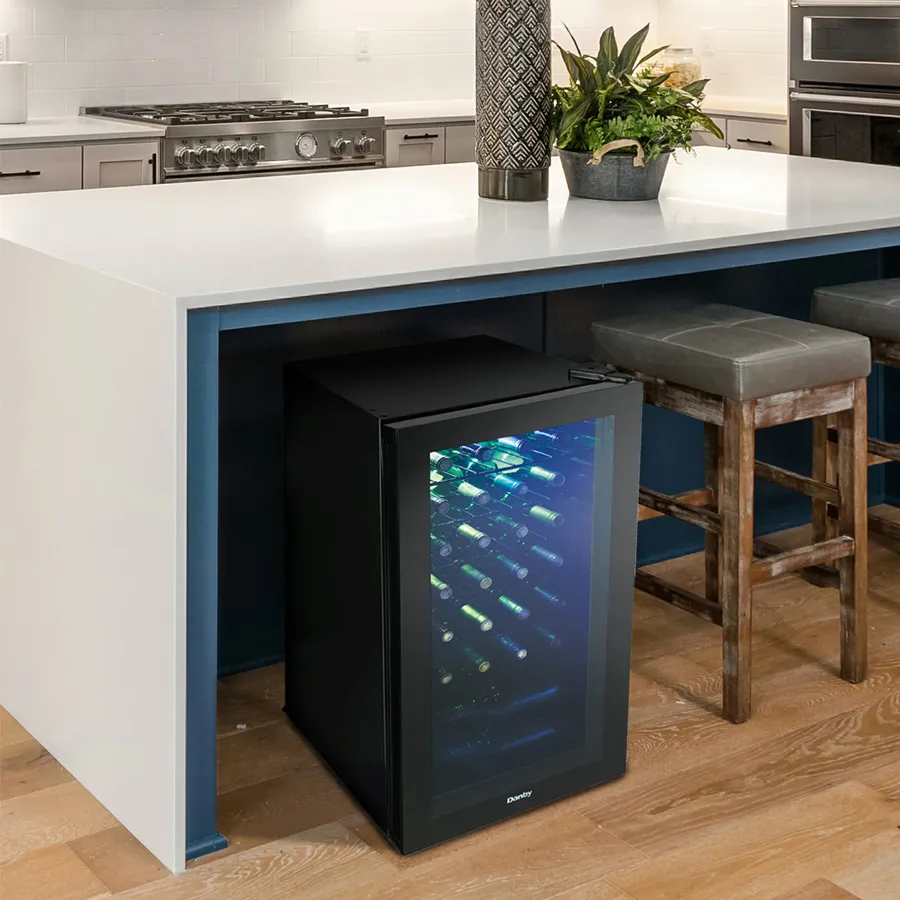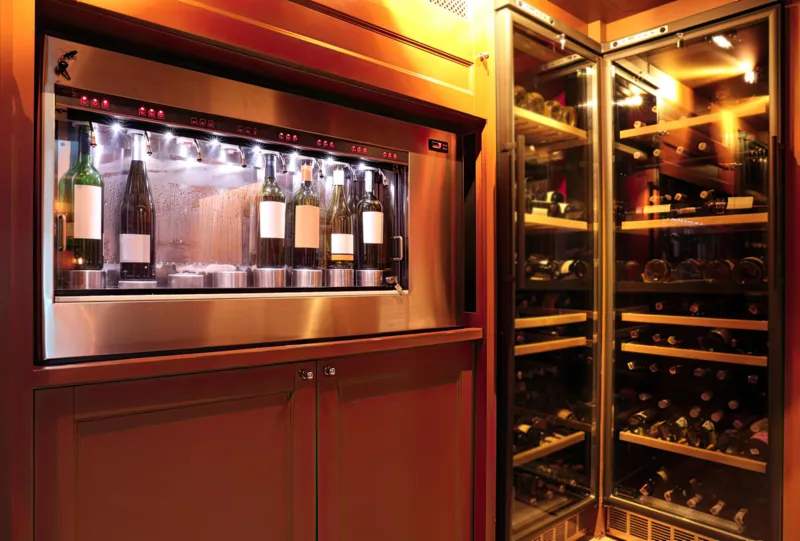Most wine refrigerators rely on proper ventilation to dissipate accumulated heat and ensure the longevity and quality of stored wines. Without adequate ventilation, heat-expelling parts can fail, internal temperatures can rise, and the overall functionality of the refrigerator can be compromised. Compressor systems and thermoelectric systems both require ventilation to prevent overheating and maintain optimal performance. Understanding the importance of ventilation in wine refrigerators is crucial to preserving your collection and enjoying your wines to the fullest.
Wine Refrigerator Systems
Before exploring into the importance of ventilation for wine refrigerators, it is crucial to understand the different cooling systems used in these appliances. Wine refrigerators typically utilize either compressor cooling systems or thermoelectric cooling systems.
Compressor Cooling Systems
One common type of cooling system found in wine refrigerators is the compressor system. These systems rely on the pressurization of coolant or refrigerant to circulate throughout the cooling system, producing cold air as it transitions between liquid and vapor states. Proper ventilation is crucial for these systems to cool the compressor and dissipate heat away from the refrigerator. Without adequate ventilation, an overheated compressor can wear out prematurely or even seize up, leading to potential system failure. Ensuring proper airflow around the compressor is crucial for maintaining the longevity and efficiency of compressor cooling systems.
Thermoelectric Cooling Systems
Cooling systems utilizing the Peltier effect are known as thermoelectric systems and are commonly found in wine refrigerators. These systems remove heat from inside the fridge and dissipate it outward, relying heavily on proper ventilation for efficient operation. For instance, improper ventilation can cause the heat pump and heat sink of thermoelectric systems to overheat, affecting their cooling capabilities and potentially decreasing the lifespan of the refrigerator. Ensuring adequate airflow around these components is vital for optimal performance and longevity of thermoelectric cooling systems.
Ventilation Requirements
Little known by many wine enthusiasts, proper ventilation is crucial for the optimal functioning of wine refrigerators. All wine refrigeration systems depend on the circulation of air to dissipate heat and maintain the ideal storage temperature for your precious bottles.
Compressor System Ventilation Needs
Ventilation is imperative for compressor-based wine refrigerators, as these systems rely on pressurized coolant to produce cold air. Without adequate ventilation, the compressor can overheat, leading to premature wear and possible failure. Efficient ventilation ensures the longevity of your wine refrigerator and the quality of the wines stored inside.
Thermoelectric System Ventilation Needs
Ventilation is even more critical for thermoelectric wine refrigerators, as they use a heat pump and heat sink to remove heat from inside the fridge. Proper airflow is necessary to dissipate the heat generated by the thermoelectric system, preventing overheating and ensuring optimal performance. Inadequate ventilation can lead to a dramatic rise in internal temperature, compromising the quality of your wines. The location of your wine refrigerator can also impact its ventilation needs. Placing the unit in a confined space or against a wall can restrict airflow, causing the system to work harder and potentially leading to overheating. Ensure proper ventilation by leaving ample space around the wine refrigerator for adequate air circulation.
Effects of Inadequate Ventilation
Risks to Cooling System Components
Inadequate ventilation in wine refrigerators can have detrimental effects on the cooling system components. When the heat generated by the operation of the refrigerator cannot be properly dissipated, the compressor (for compressor systems) or the heat pump and heat sink (for thermoelectric systems) can become overworked and overheat. This can lead to premature wear and potential failure of these crucial parts, jeopardizing the entire cooling system’s functionality.
For compressor systems, an overheated compressor can not only wear out sooner but can also seize up completely, rendering the wine refrigerator useless. Proper ventilation is crucial to ensuring the longevity and optimal performance of these components.
Impact on Wine Quality and Preservation
Any compromise in ventilation can also have a significant impact on the quality and preservation of the wines stored inside the refrigerator. Without adequate ventilation to dissipate heat away from the unit, the internal temperature of the refrigerator can rise dramatically. This increase in temperature can accelerate the aging process of the wines, affecting their flavor, aroma, and overall quality.







